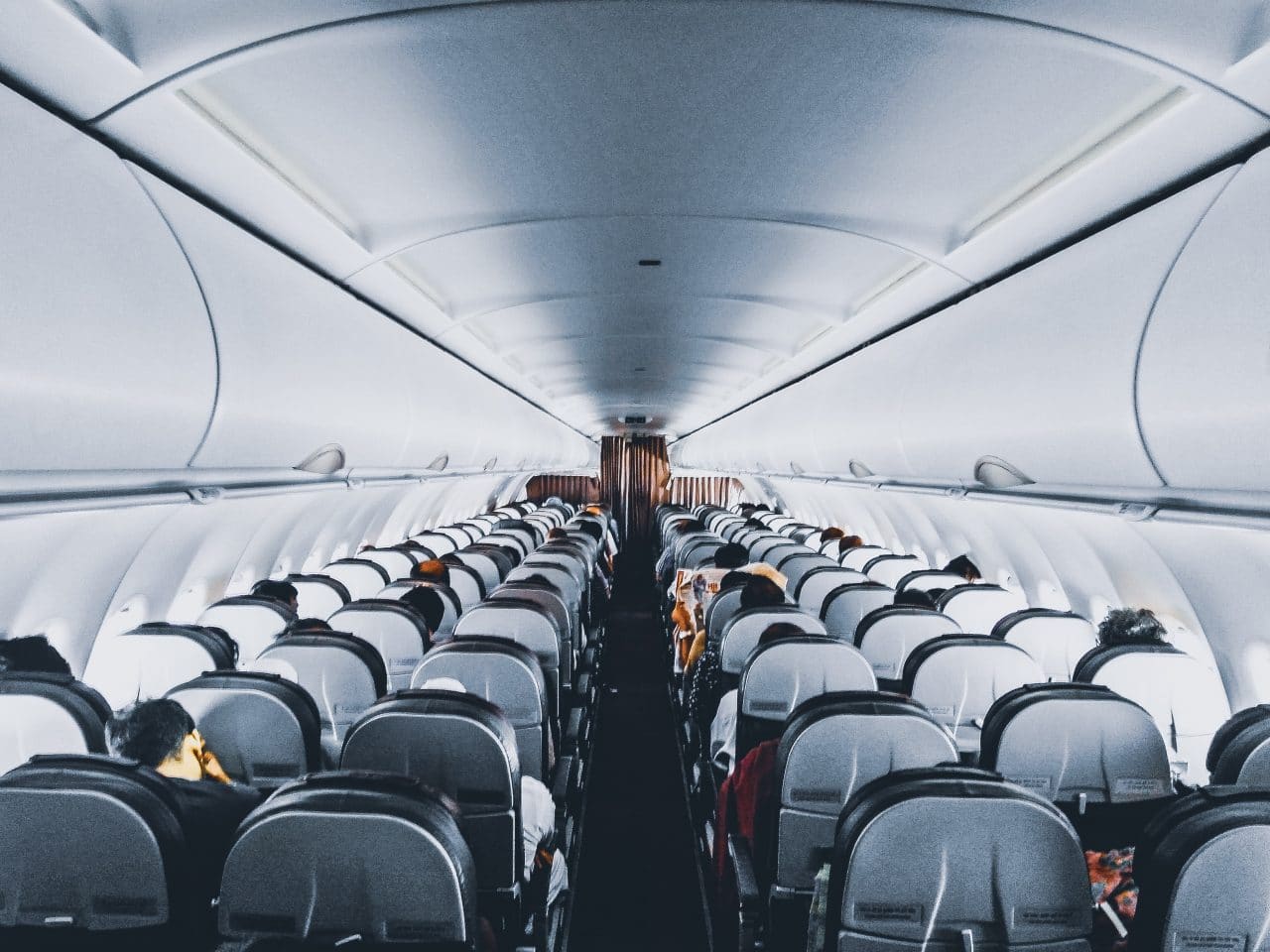Many people are resuming air travel again. If you are one of them, be sure to have all you need to protect your ears before you depart from Columbia Metropolitan Airport to embark on your latest adventure.
Noise From Planes Can Damage Your Hearing

It’s not just loud concerts or going to a shooting range that can cause noise-induced hearing loss. Exposure to any noise louder than 85 decibels (dB) puts your ears at risk.
In-flight the volume tends to hover right around 80-85 dB, however during takeoff and landing it can get even louder. If you are on a particularly long flight or are a frequent traveler, your ears may be at risk.
The good news is there are several easy ways to protect your hearing on flights:
- Put in earplugs
- Use noise-canceling headphones
- Pick an aisle seat or a seat closer to the front of the plane. These are quieter because they are farther away from the engine.
How to Deal with Clogged Ears on Flights
Your ears can also be affected due to the pressure changes that take place during a flight, in particular when taking off and landing.
Many of us have experienced the feeling of our ears being clogged when on a plane. This is referred to as airplane ear. It’s estimated that 10% of adults and 22% of children experience changes to their eardrum after a flight.
In most cases, people experience temporary symptoms that cause mild discomfort. However, for others, it can be quite painful. They may deal with symptoms like hearing loss, tinnitus, severe ear pain, and very rarely, a ruptured eardrum.
If you want to prevent or minimize the feeling of clogged ears the next time you fly, try some or all of the following:
- Use filtered earplugs
- Yawn, chew gum or suck on candy
- If you’re congested, use nasal spray 30 minutes before takeoff and again 30 minutes before landing
- Pinch your nostrils while taking several sips of water during takeoff
- Gently breathe out while pinching your nose and keeping your mouth closed during the landing.
Your ears might remain plugged for a short time after getting off the plane. Usually, this is nothing to worry about. It will either go away on its own or you can try some of the methods for popping your ears you used in flight.
If the feeling lingers for a long time after your flight, make an appointment with your doctor for an ear evaluation.
For additional questions or to schedule an appointment with one of our specialists, call Augusta – Aiken ENT & Allergy today.